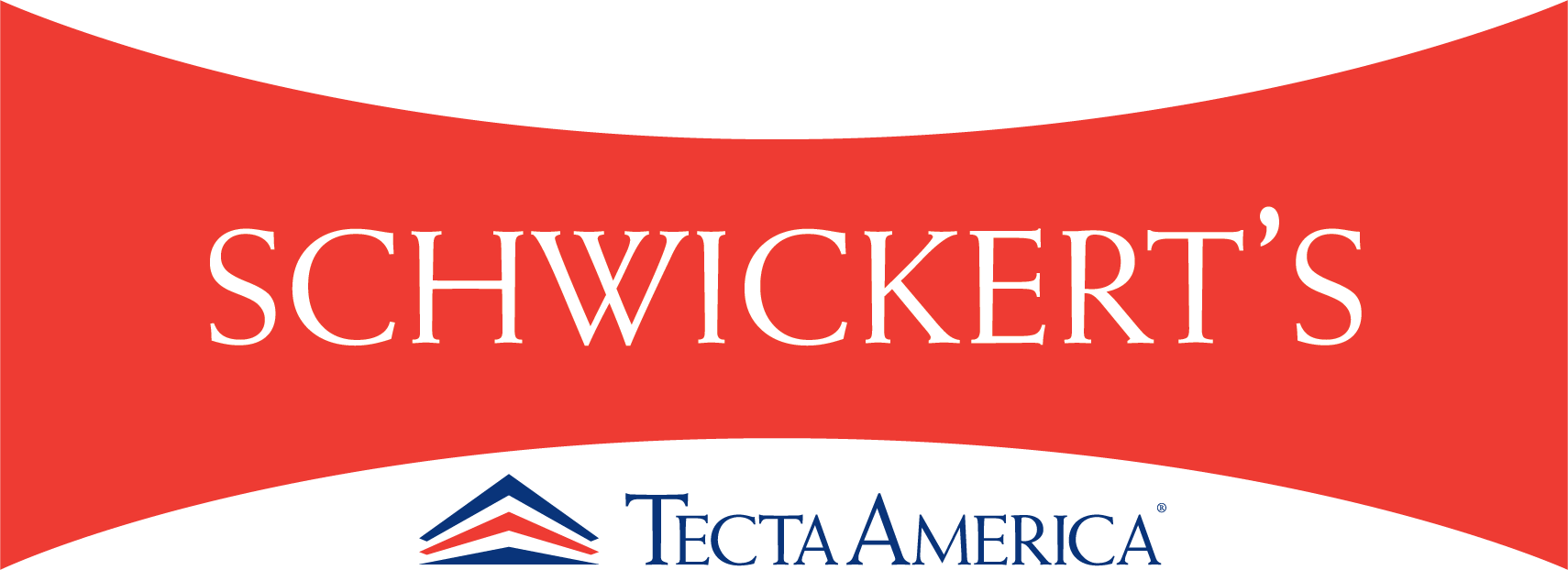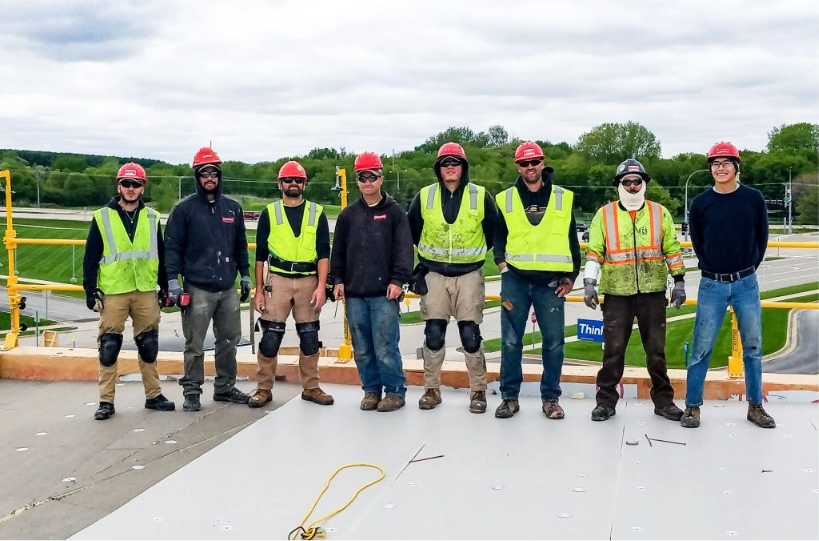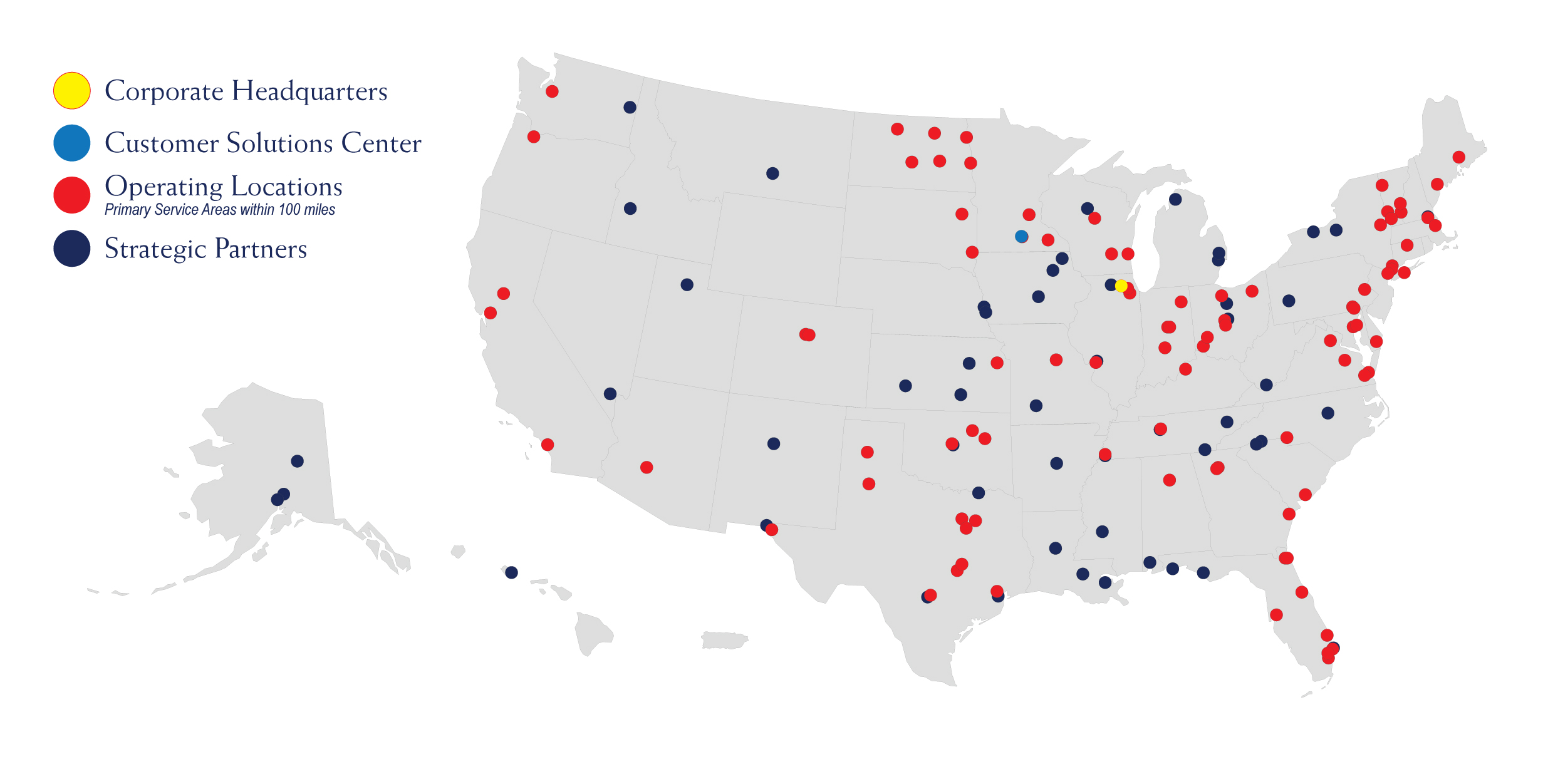Single-ply roofing systems are popular for commercial properties due to their affordability, ease of installation, and durability. We specialize in installing three types of single-ply membranes.
- EPDM: Ethylene Propylene Diene Monomer (EPDM) is a synthetic rubber roofing membrane perfect for flat or low-sloped commercial roofs. It is highly resistant to UV rays, ozone, and weathering, making it an ideal choice for locations with extreme weather conditions.
- TPO: Thermoplastic Polyolefin (TPO) roofing systems are made from rubber and plastic polymers. They offer excellent resistance against tears, punctures, and chemical damage, making them a popular choice for high-traffic areas.
- PVC: Polyvinyl Chloride (PVC) roofing membranes are highly reflective and energy-efficient, making them an excellent option for commercial properties to reduce energy costs. They are also resistant to fire, chemicals, and strong winds.
Built-Up Roofing (BUR)
Built-up roofing (BUR) systems have been around for over a century, making them one of the oldest roofing systems used for commercial properties. This type of roof consists of multiple layers of asphalt and ply sheets, making it highly durable and long-lasting.
Asphalt, Metal, Wood, and Slate Shingles Roofing
Various roofing systems are becoming increasingly popular due to their longevity, energy efficiency, and aesthetic appeal. We specialize in installing various types of materials, including:
- Asphalt Shingles: Asphalt shingles are one of commercial buildings’ most common and affordable roofing options. They come in various colors and styles and can last up to 30 years.
- Metal Shingles: Metal shingles mimic the appearance of traditional roofing materials such as slate, wood, or tile. They offer excellent durability and low maintenance. Corrugated metal roofs are made from corrugated sheets of galvanized steel or aluminum. They are lightweight, easy to install, and highly durable.
- Modified Bitumen: This roofing system is made from modified asphalt and can provide excellent waterproofing for flat or low-sloped roofs.
- Standing Seam Metal: Standing seam metal roofs have vertical seams that interlock to create a watertight seal. They offer excellent resistance against leaks and are highly durable.
- Wood Roofing: Wood shingles or shakes provide a natural and rustic look to any building. They are also durable and can last for decades if properly maintained.






